
The Origins of Mathematics
By Ian

16 Aug, 2023

Long ago, when humans were first appearing on the Earth, there wasn't an exact concept of mathematics as we know today. The world was a vast, unexplored place, its mysteries unsolved and untamed.

The first signs of mathematical thinking can be traced back to the simple act of counting. Humans, in their need to understand the world around them, had to find a way to keep track of items.

They began using their fingers, stones, and other objects to keep track of quantities. This was the birth of basic arithmetic and the first spark of mathematical understanding.

As societies began to settle down, the need for more complex calculations grew. Farmers needed to measure their fields, builders had to calculate materials required, and traders had to keep track of their merchandise.
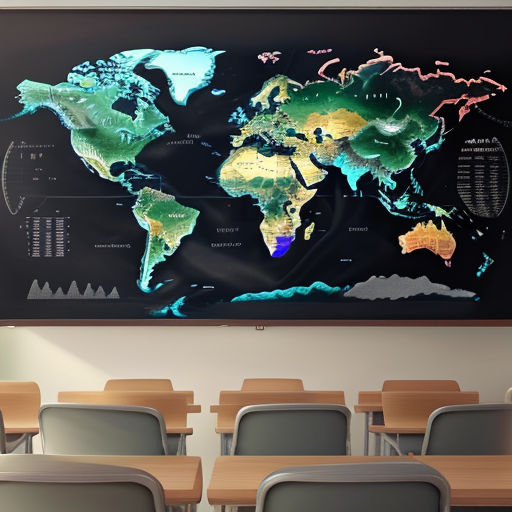
This forced humans to delve deeper into mathematical concepts. They began to develop systems to represent larger numbers and ways to multiply and divide.
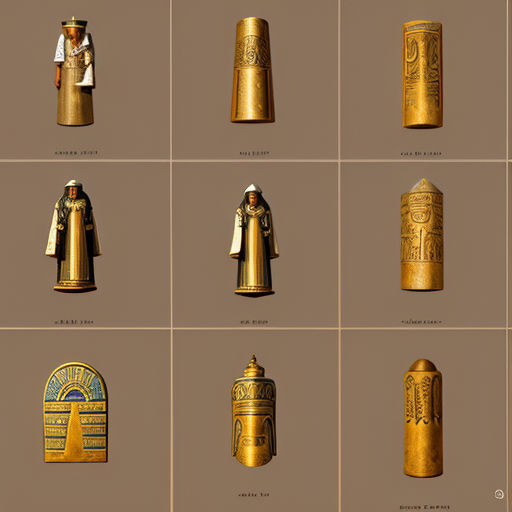
The ancient Egyptians were one of the early civilizations that made remarkable advancements in mathematics. They developed a system of numbers based on ten, much like our modern system.

In ancient Babylonia, mathematicians devised a base-60 number system, which is still used today in measuring time and angles. They also understood the concept of square and cube roots.

The ancient Greeks took mathematics to a new level. They started to see mathematics as a logical and abstract study, separate from physical observations.
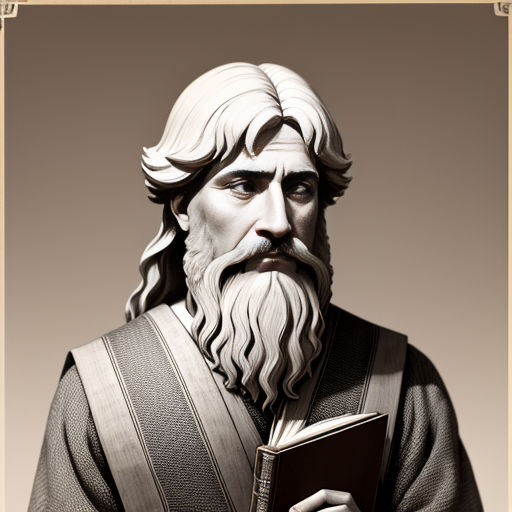
Great thinkers like Pythagoras, Euclid, and Archimedes laid down the foundations for geometry and algebra. These pioneers begun to prove mathematical truths using logical reasoning.
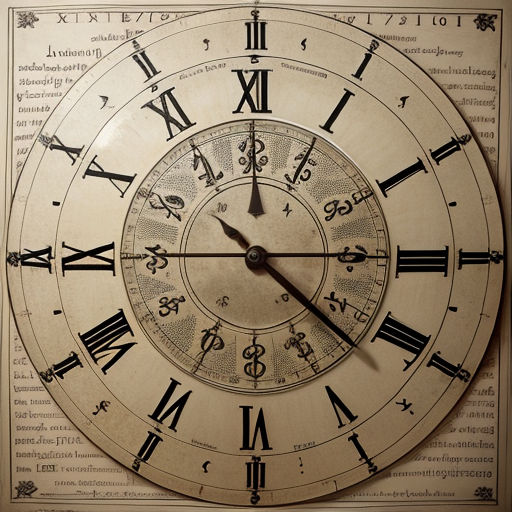
The Romans also contributed to the development of mathematics by introducing Roman numerals. Their system, while not as advanced as that of the Greeks, was effective for practical purposes.

Mathematics continued to grow during the Middle Ages, with significant contributions coming from the Islamic world. Scholars like Al-Khwarizmi were instrumental in introducing algebra and algorithms.
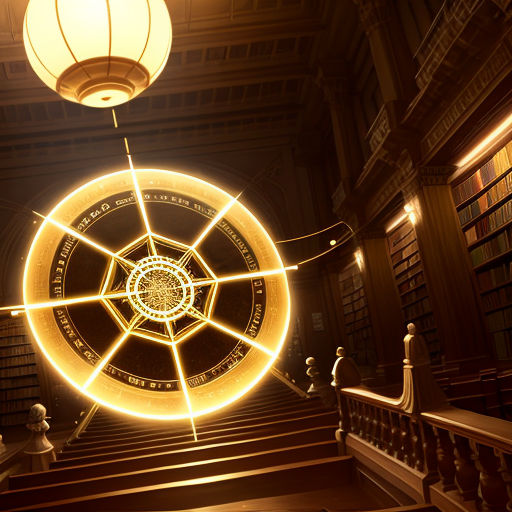
In India, ancient mathematicians understood the concept of zero and infinity. They also discovered many important mathematical principles and the decimal system.
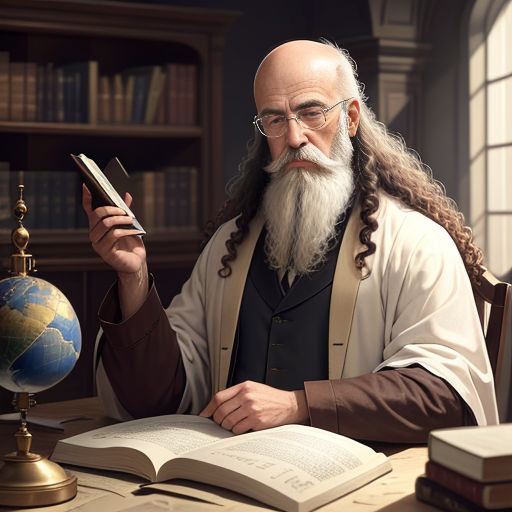
During the Renaissance period, mathematics saw tremendous advancements as it began to merge with science, leading to the birth of physics. This period gave rise to great scientific minds, like Galileo and Newton.

Isaac Newton and Gottfried Leibniz independently developed calculus in the seventeenth century. This was instrumental in solving problems related to motion and change, literally propelling the world into the modern age.

The discovery of non-Euclidean geometry in the 19th century challenged the very foundations of the mathematical world. It was a major breakthrough that greatly expanded the realm of mathematical research.

In the 20th century, mathematical advancements were seminal in the development of computers. Electronic machines designed for computation opened up a new era in the application of mathematics.

Today, mathematics is recognized as an indispensable tool in various fields. It permeates every aspect of our lives, from our finances and technology, to the sciences and arts.

The beauty of mathematics lies in its universal language. It is a shared heritage of humankind, developed over generations, through the collective cognition of our ancestors.

Despite its ancient origins, the story of mathematics is far from finished. As long as there are problems to be solved, mysteries to unravel, mathematics will keep evolving.
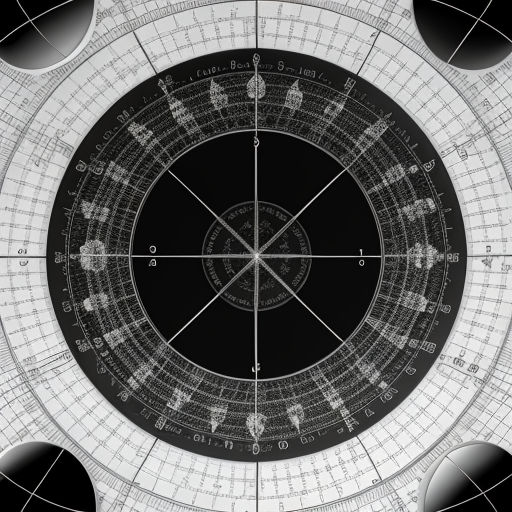
Every time we count, measure, or calculate, we are participating in this ancient story. Each new discovery, each new theory, is a continuation of our shared mathematical journey.
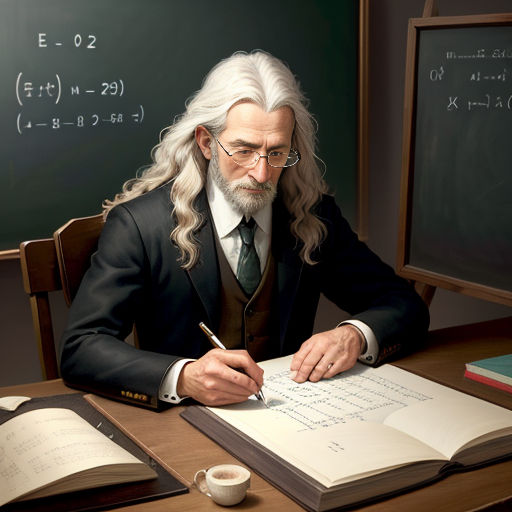
Let's understand and appreciate this incredible story of mathematics. It's a fascinating tale of human ingenuity and intellectual pursuit, transcending civilization and culture.

It's a story about how we have learned to understand the world through numbers, shapes, and patterns. It's about how we have harnessed the power of abstraction to solve complex problems.

It shows us that mathematical knowledge is never static but always evolving. Each new generation contributes to the mathematical legacy, building on the work of those before them.

So next time you solve a math problem, take a moment to appreciate the history behind it. Remember that you are part of an ancient tradition, stretching back to the earliest days of human history.

Just as our ancestors did thousands of years ago, we continue to use mathematics to understand the world around us. The power of numbers, the elegance of equations, the precision of proofs – these are the tools we use to make sense of the universe.

As we explore the universe, delve into the complexities of nature, or design futuristic technologies, we will continue to rely on the universal language of mathematics. It's a story that never ends.